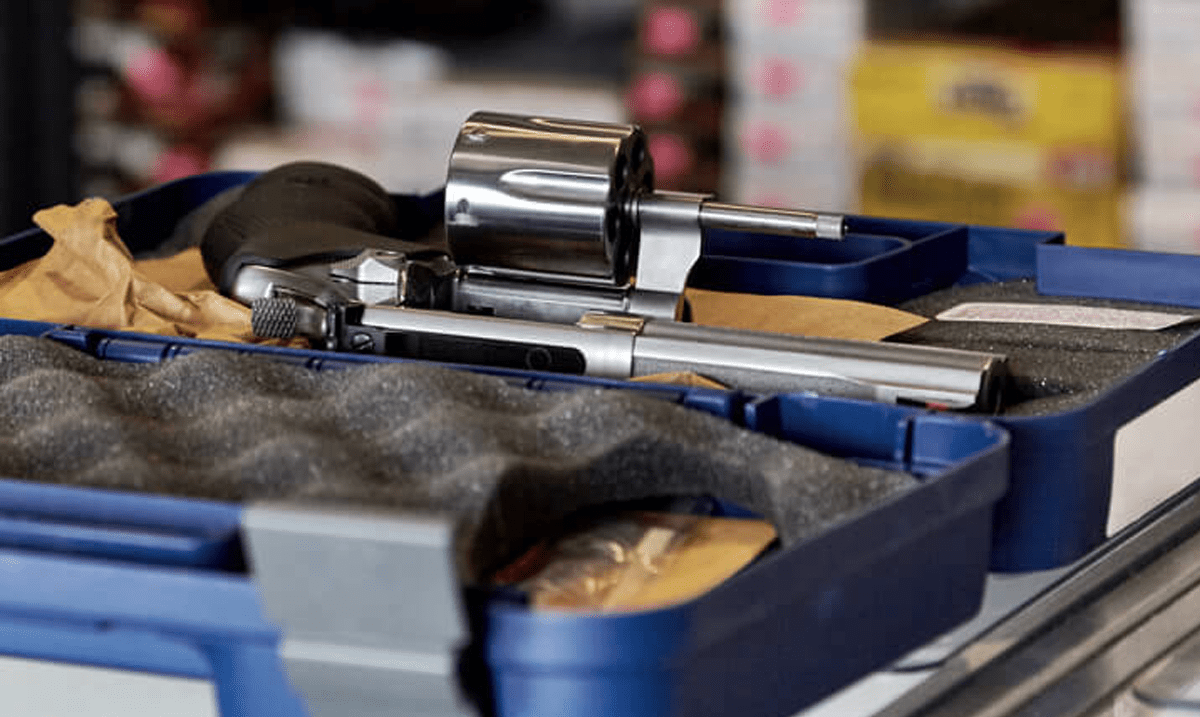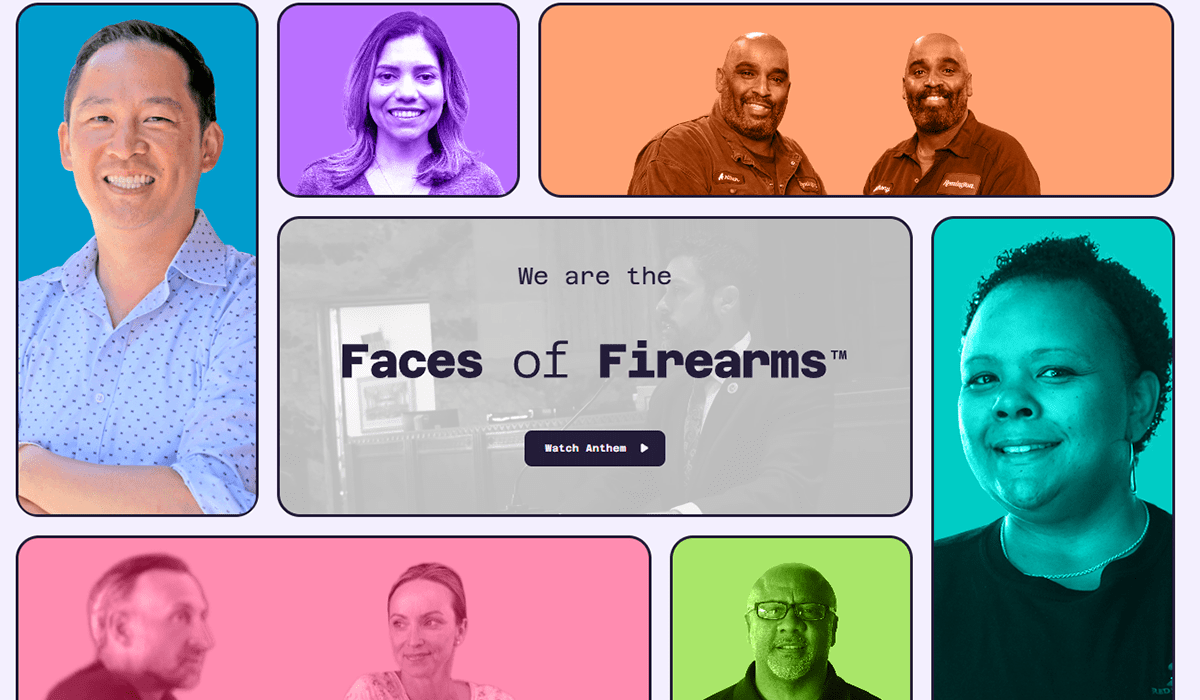 Back to News
Back to News
July 30, 2015
Now More Voices Agree on the Need to Fix NICS
Following the recent tragedies in Charleston, Chattanooga and Lafayette, there has been considerable discussion in the media about how the National Instant Criminal Background Check system (NICS) works. Some observations have been off-target, research having been sacrificed for deadlines or the writer’s preconceptions. But some of this discussion has been more reasoned and accurate. We welcome this latter discussion.
The NICS system run by the FBI was established 17 years ago with Congressional passage of the Brady Act. Today, it is generally not known that instant criminal background check system was the recommendation of the firearms industry. For the most part, the system works. We know this system better than anyone because our retailers are on the front lines every day using it to help protect public safety.
Despite what you hear from those who just don’t know better, or worse, those who want to use the politics of division on this issue for political advantage, no one who sells firearms for their livelihood wants to put a gun into the hands of a criminal or a mentally unstable individual. We have families and are citizens, too. We know what guns can do when in the wrong hands. But make no mistake about this: the many thousands of Americans who work in the firearms industry are tired of being portrayed as villains.
For the national background check system to work, all applicable records based on current law have to be entered into it at the state level. After all, any system is only as good as the accuracy and completeness of its database. This is where we all can agree that the system needs improvement.
 We are in the third year of our industry’s national effort to ensure that the system has all the appropriate records put into it. We call the initiative FixNICS and we have been successful through our direct efforts to convince 16 state legislatures to pass legislation to ensure that there are no statutory, regulatory, administrative or procedural impediments to entering all appropriate records – criminal and mental health – into NICS.
We are in the third year of our industry’s national effort to ensure that the system has all the appropriate records put into it. We call the initiative FixNICS and we have been successful through our direct efforts to convince 16 state legislatures to pass legislation to ensure that there are no statutory, regulatory, administrative or procedural impediments to entering all appropriate records – criminal and mental health – into NICS.
Yes. The “gun lobby” did that. We prefer to be called the firearms industry, but yes, we did that. We don’t expect the gun control groups to provide any credit to our industry. It runs counter to the narrative that they proffer, and that is too often accepted without challenge by reporters who should know that verifying information should be part of every story they file.
Several times, the gun control groups have tried to grab credit for the legislative victory. But we were there on the ground in the states and we know. When the microphones and cameras leave the press conference on the state capitol front steps, what’s left is the hard work of convincing legislators and their staffs to write and pass a bill and then for the governor to sign it. For this behind-the-scenes and time-consuming work, the anti-gun groups are absent.
The second part of our FixNICS initiative has focused on helping to ensure that the states administratively assign the resources, guidelines, training and procedures, whatever is required, to make sure that the responsible jurisdictions submit all the appropriate records in as accurate, timely and complete a manner as possible. We accomplished this very task in Nebraska in 2013. Testifying in favor of the same legislation was the Commissioner of the State Police.
At the same time, working in Washington, D.C., we have always sought to ensure that the FBI/NICS office gets the resources it needs to carry out is mission on behalf of the American people.
In the Charleston case, the FBI examiner ultimately failed to obtain the police report where the accused shooter had apparently admitted to being an illegal user of a controlled substance – grounds to issue a denial.
Louisiana Gov. Bobby Jindal has said that the mentally unstable Lafayette theater shooter should not have been able to purchase a firearm. While we await more details on that case, we must point out that Louisiana directly as a result of our FixNICS efforts did act in 2103 to fully report all records to NICS. The Governor urged other states to follow Louisiana’s example on CNN’s The Situation Room.
The anti-gun lobby wants to extend background checks to cover private sales, saying they will cover the “40 percent” of gun sales that do not get background checks, the so-called “Gun Show loophole.” This stat, based on a very small 1996 poll sample, was discredited by the Washington Post. A study by the U.S. Department of Justice of prison inmates found less than one percent (0.7) of criminals that possessed a firearm during their current offense acquired their guns from gun shows.
And now we have the actual experience of Colorado after enacting such “universal background checks”. The Associated Press crunched the numbers for the Rocky Mountain State and found a 7 percent uptick. And you can bet that those transactions were between law-abiding citizens whose guns posed no threats.
All of this argues for fixing NICS as the best solution for improving the system in the manner that will make the most difference and that will best serve the American people. We’ve been saying that all along.
Categories: Featured, Government Relations, Top Stories









